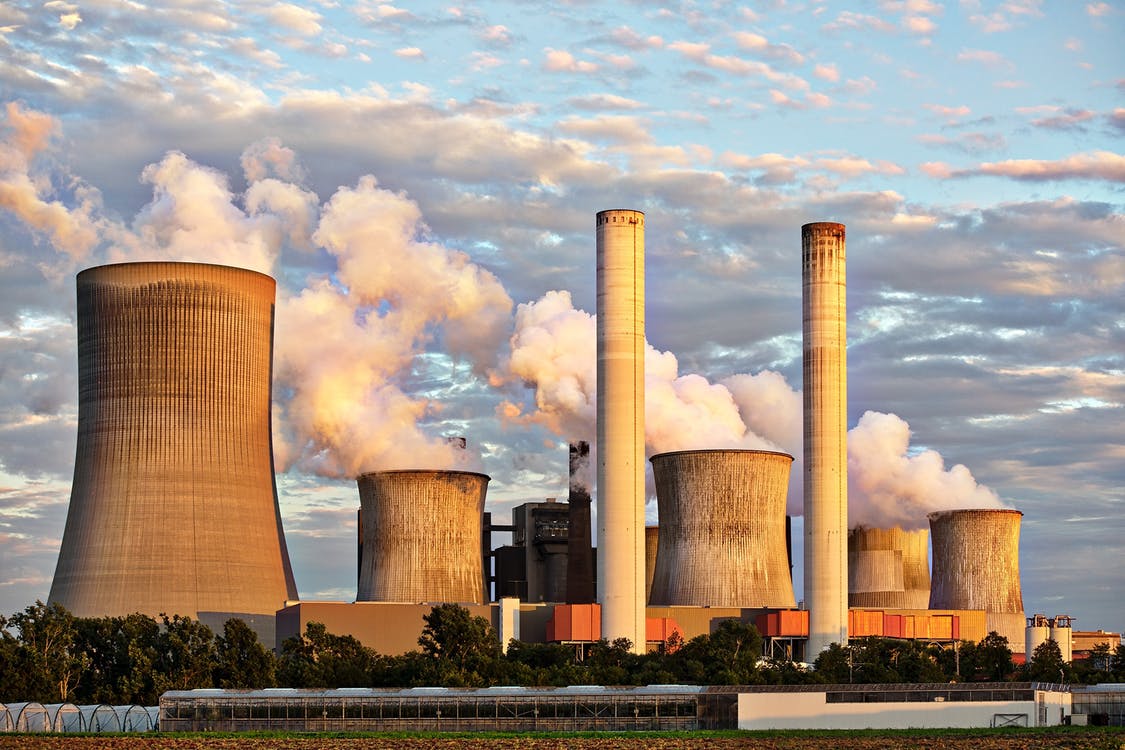Prime Minister Boris Johnson has committed to cutting the UK’s emissions by at least 68% by 2030.
Speaking last night (4 December), he outlined how the nation’s new Nationally Determined Contribution (NDC) target under the Paris Climate Agreement was increasing in recognition of the urgency to go further to tackle climate change.
Johnson said that the UK has proven it can reduce emissions and create jobs in the process, “uniting businesses, academics, NGOs and local communities in a common goal to go further and faster to tackle climate change”.
“We are taking the lead with an ambitious new target to reduce our emissions by 2030, faster than any major economy, with our Ten Point Plan helping us on our path to reach it.”
The news follows the suggestion from the Committee on Climate Change (CCC) that the government should set a target of 68% in a letter sent to energy secretary Alok Sharma.
On Saturday 12 December, the UK will co-host the Climate Ambition Summit, marking the fifth anniversary of the historic Paris Agreement. This will see countries around the world called on to set ambitious NDC targets or other climate plans.
“But this is a global effort, which is why the UK is urging world leaders as part of next week’s Climate Ambition Summit to bring forward their own ambitious plans to cut emissions and set net zero targets,” added Johnson.
Yesterday’s announcement follows the release of the Ten Point Plan in November, which set out key decarbonisation policies including bringing forwards the date of the ban on the sale of new petrol and diesel cars to 2030, as well as reiterating offshore wind pledges and an increased focus on rolling out heat pumps among others.
Sharma added that tackling climate change is one of the “most urgent shared endeavours of our lifetimes, demanding bold action from every nation to prevent catastrophic global warming”.
“As a country, we have demonstrated we can both rapidly cut carbon emissions, while creating new jobs, new technologies and future-proof industries that will generate economic growth for decades to come.”
It is particularly important for the UK to show climate leadership ahead of the COP26 summit, which will be held in Glasgow in 2021, having been pushed back a year due to the COVID-19 pandemic.
Energy sector welcomes ‘bold and decisive policy-making’
Johnson’s more ambitious target has been welcomed by many in the energy sector, which has had a bumper year in terms of decarbonisation.
A report from Drax Electric Insights released last week showed that the UK’s electricity system has decarbonised twice as fast as any other major economy, with carbon intensity from the sector falling by 58% thanks to the rise of renewables over the last decade.
There is still a way to go, however, if the UK is to meet both its new 2030 target and its legally binding net zero 2050 goal. David Smith, chief executive at Energy Networks Association, warned that the new target of 68% must be backed up by climate action, pointing to the Ten Point Plan as an important step.
“We look forward to the energy white paper which should set out the policy needed to accelerate the rollout of electric vehicles, increase the amount of renewables on the grid and develop a hydrogen economy. This will help to support skilled, green jobs and cut the country’s emissions at best value and least disruption to the public.”
Speaking to Current± earlier this week, BEIS confirmed that the long awaited energy white paper will be published by the end of the year after it failed to be published by its autumn deadline.
This will further help to identify the next steps for the energy sector’s transition to low carbon technologies, supporting investment and long term planning. National Grid ESO revealed at the beginning of December that transitioning the energy network to net zero will cost the UK around £3 trillion by 2050.
Read more: CURRENT
